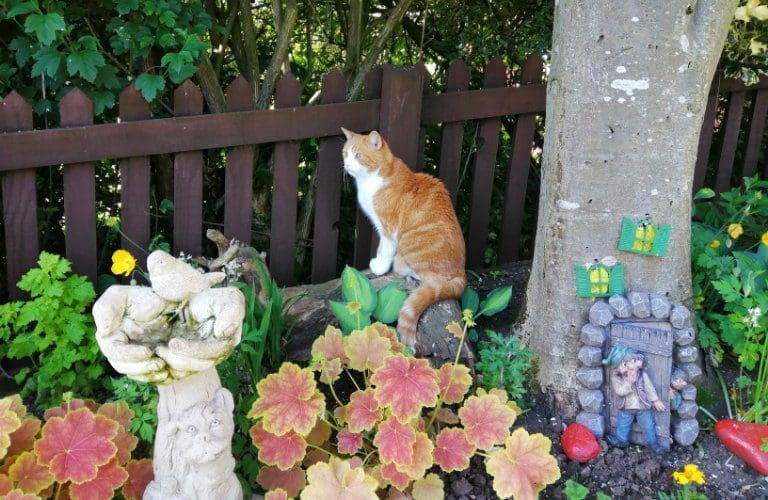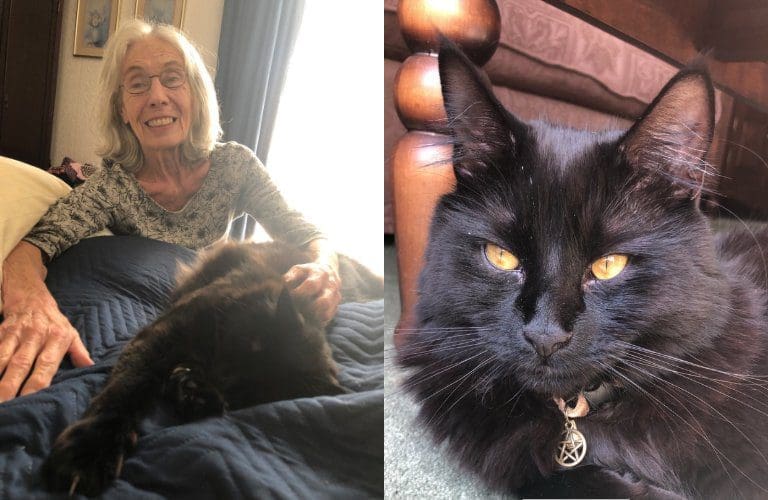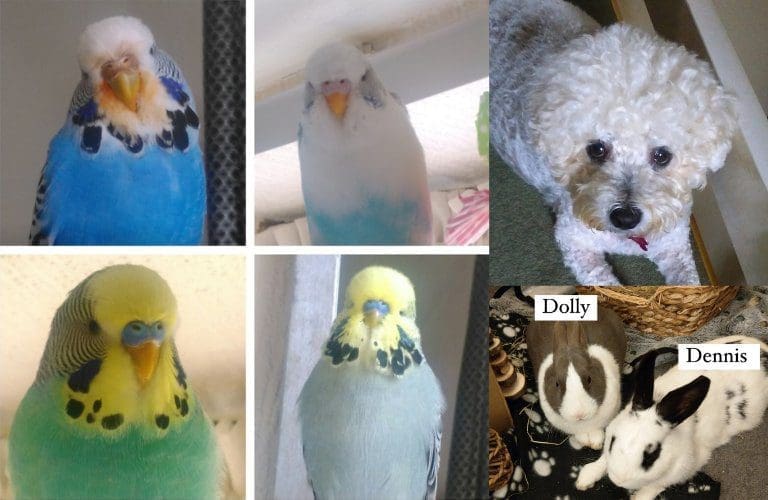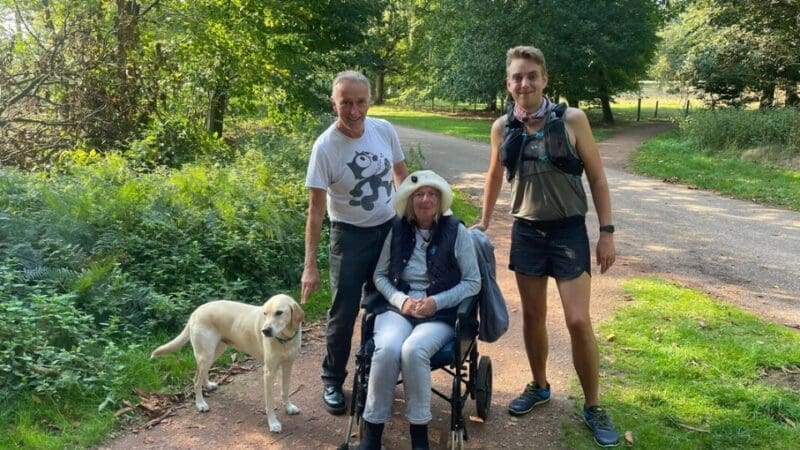Animals bring joy to us all – they’re playful, cute and cuddly. Pets can be a great source of routine, purpose and reassurance, especially when you’re feeling low.
It’s no surprise, then, that our furry friends can have an amazing knack for reducing anxiety, improving mood and encouraging communication and engagement in people with dementia.
Jack, the short-but-mighty Shetland pony
Ali Stearn has been taking her rescued Shetland pony, Jack Brock, to dementia cafes and into care homes for the past six years. The Shetland pony stands at just 20 inches tall, but residents and care staff alike are overjoyed by his presence. His gentle, calm temperament and small size make him easy to stroke and cuddle, says Ali.
Ali recalls many wonderful moments visiting people with dementia with Jack. “I remember a lovely lady called Ava, who I saw across two years,” she says. “I saw her dementia get worse over the years to the point that she couldn’t speak. Once, she was sitting quietly, stroking Jack, and he sneezed. She got the giggles, which was lovely to see, and then she spoke two words clearly for the first time in ages: ‘meadow’ and ‘carts’.”






